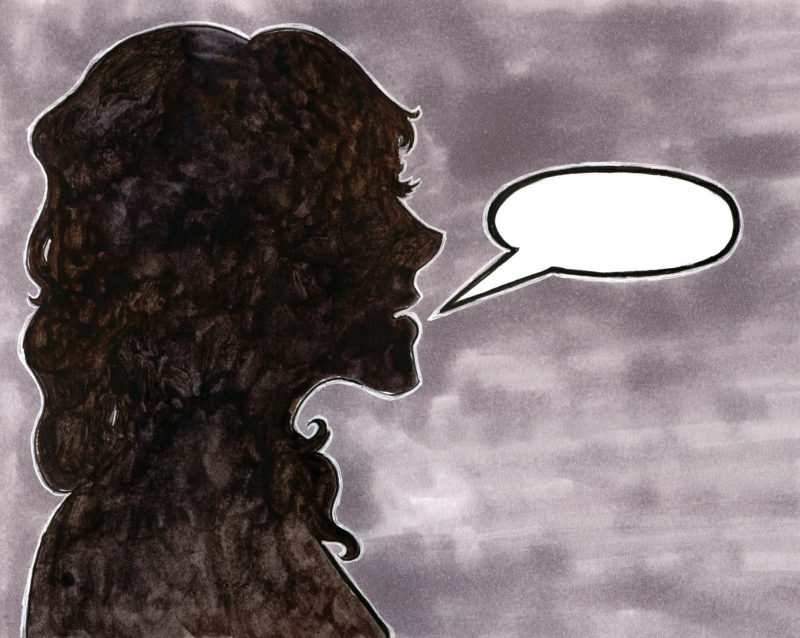This year’s Ignite the Night, Alpha Chi Lambda’s annual charity event, was supposed to be a fabulous event for all of us. Yet, after realizing the music wasn’t nearly as enjoyable and fun as we had anticipated, my friends and I decided to leave early.
I awoke the next morning to a Twitter thread by my friend Sidney Hopkins, a senior Trinity student, detailing an incident that had happened. A white girl had sang the n-word, and Sid had gotten incredibly upset over it. Although she had support from some of her friends, others thought she had overreacted.
Now of course, as a non-black person, I’m hardly relevant in the conversation about the n-word. It doesn’t really matter what I say; I don’t know what it is to be black. However, all non-black people are relevant in that we need to address the anti-blackness in our own communities.
All I’m about to explain I learned from reading the book, “So You Want to Talk About Race” by Ijeoma Oluo. Oluo eloquently and beautifully explains that non-black people cannot use a word that still has the power to oppress black people. The n-word, if used by a non-black person, still has the same dangerous power it did less than a few hundred years ago. It is for this precise reason that slavery is not something that can be forgotten when its values of white supremacy are still being upheld today.
Oluo further explains that the n-word was “spat at hanged black bodies;” it was used time and time again to dehumanize black people. The truth is, a lot of us don’t know what it is to have generations of trauma as a direct result of slavery. Slavery was not just awful or terrible. Slavery was skin being ripped off bodies. It was being sexually violated. It was being torn away from one’s screaming mother. Slavery was more than the history books will ever reveal to us.
Sid further explained, “[Non-black people] don’t have the history of the word ironed into their brains. They don’t become disillusioned with their surroundings more and more each day.” Anti-blackness in our communities is named so for a reason: it often leads to self-hatred and is the reason products like skin-lightening cream exist. To say the n-word or to think you can dictate a black person’s response to your usage of the n-word is not only wrong but also a disregard for black lives.
If we value our black friends at all, we will begin to chastise the people in our lives who use the word. Our mere embarrassment is nothing compared to the trauma the black community faces as a result of our failure to reprimand those who use the word time and time again.
Our black friends continue to suffer in silence and none of us know about it. We ask how they are; when they say “good,” we accept it and move on about our privileged, unaffected lives. They need our support, they need our comfort and they need our understanding.
Erica Garner, daughter of Eric Garner, who died at just age 27 due to pregnancy complications, is a stark example of a greater national trend among black women. Studies show that black women’s maternal mortality and morbidity are directly influenced by the pressures of racism and poor access to healthcare. It is examples like these that show the pressures of being a black activist. From my perspective, being a black activist means caring for everyone else while seldom having that care reciprocated.
Sincerely and genuinely, if saying the n-word is more important to you than learning about its detriment, then I suggest you reevaluate your friendships with your black friends. You can’t call yourself an ally — or even a friend — if you are not willing to address trauma that all of us have enabled for so long. This is our doing, this is our fault.
In a nation where our black friends and their voices are not valued, the least we can do is recognize when they are not doing okay. The least we can do is drink tea with them and let them express their feelings. The absolute minimum we can do is check up on our friends or hug them or share words of kindness. If you care about your black friends, even in the slightest, the least you can do is grow a spine and speak up against anti-black injustices … even in their absence.




